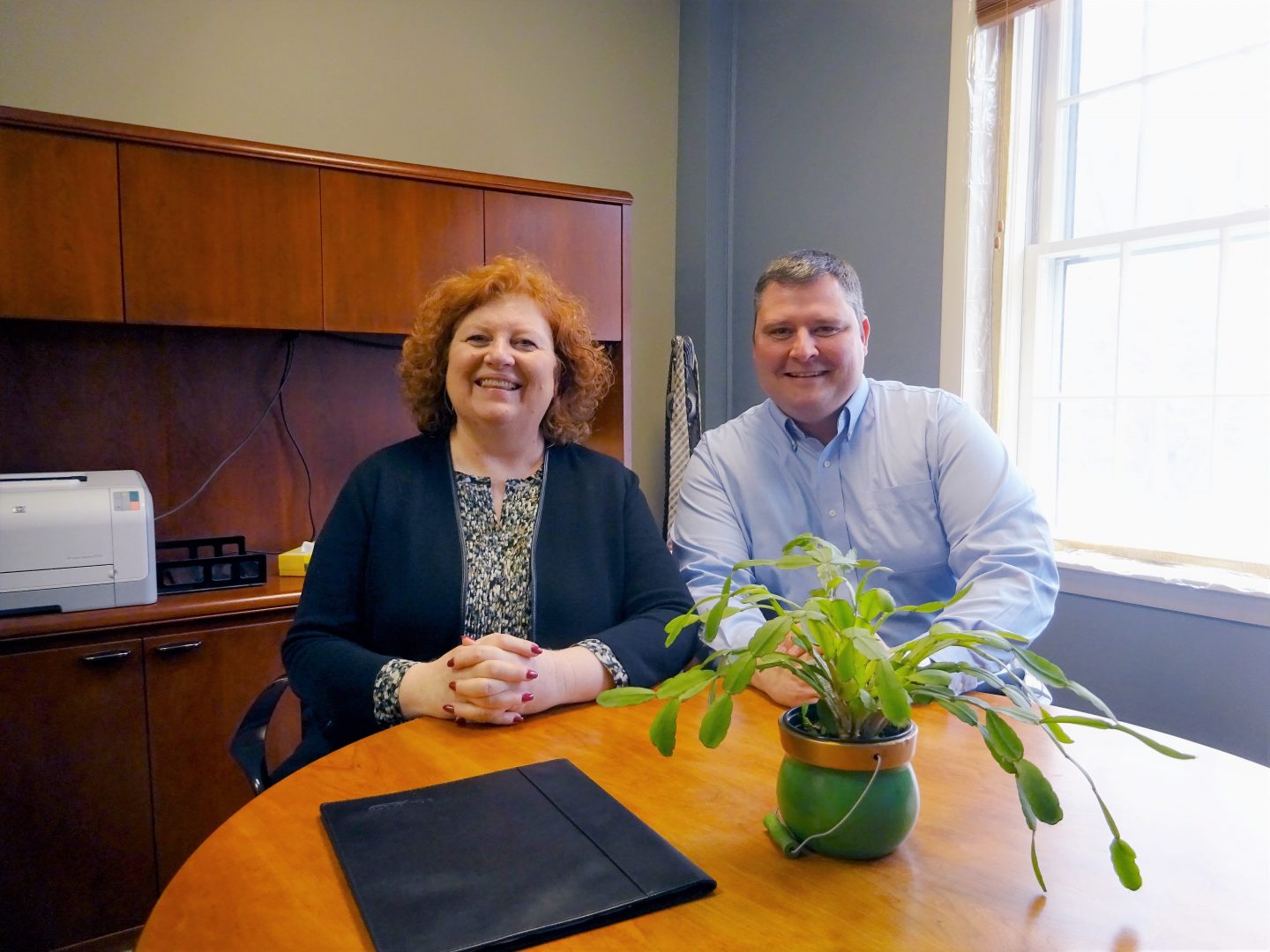Study Abroad Advisor Scott Snyder encourages students who are studying abroad to learn the language of the country they are going to. There are numerous ways to pick up a new language and in doing so, students will reap the benefits in more ways than one, according to Snyder.
As an SNHU undergraduate in 2011, Snyder spent a semester in Buenos Aires, Argentina. With little background in the Spanish language, Snyder learned how to read, write and speak it through getting involved and meeting people. “My whole focus for study abroad was to learn a language.”
Snyder felt obligated to study abroad because he was studying international business. “I feel like everybody should be studying abroad from that major,” he said. “I felt that if I didn’t study abroad, I would be behind to other peers trying to get a job.”
The ability to understand and speak other languages stands out to employers. “By speaking more languages you can communicate with more people,” Snyder said. While English tends to be the global language for business and it is likely to find English speakers around the world, “if you could speak Mandarin, you could speak to a billion people, regardless of if they speak English,” Snyder said, citing an example.

While he doesn’t recommend jumping into a culture without any prior knowledge of the language as he did, he is living proof that it is possible.
Today, there are many free resources available to people who wish to learn another language. Duolingo is an interactive app and website offering lessons in 29 languages, all taught in English. In the few weeks prior to visiting a partnership in Florence for work, Snyder spent some time on Duolingo, practicing his Italian.
While he only spent a few hours on Duolingo in total, he learned basic Italian. “That really helped,” he said. He also pointed out that “language isn’t just words.” It includes tonality and body language as well.
SNHU’s Shapiro Library has a language learning software called Mango which can be found in the online database. Mango offers lessons in 72 different languages. Snyder also suggests looking for YouTube tutorials.
“I think it’s also beneficial to take a language class when you go abroad,” Snyder said. Some universities will offer early start classes that will introduce students to the language before the semester begins. He also thinks homestays could be beneficial when trying to learn a language.
“I can’t advocate enough to meet new people,” Snyder said, and he suggests getting involved to do so.
While studying abroad, Snyder decided to do volunteer work, building houses for families in poverty. “I was one American among 500 Argentines,” he said. He spent every waking hour of a four-day weekend with Argentines, doing his best to speak the language with the words he had in his repertoire, without any access to Google Translate. “That experience was the epitome of my study abroad… And that’s the reason, that experience, is why I’m here, helping you study abroad and hopefully trying to encourage you and others to get involved, to maybe have your own experience like this.”
Going to a country without fluency in the language can be daunting, Snyder said. “Every day is going to be a struggle, not in a negative way, necessarily, but every day you have to push yourself. Every day you have to learn something new.”




